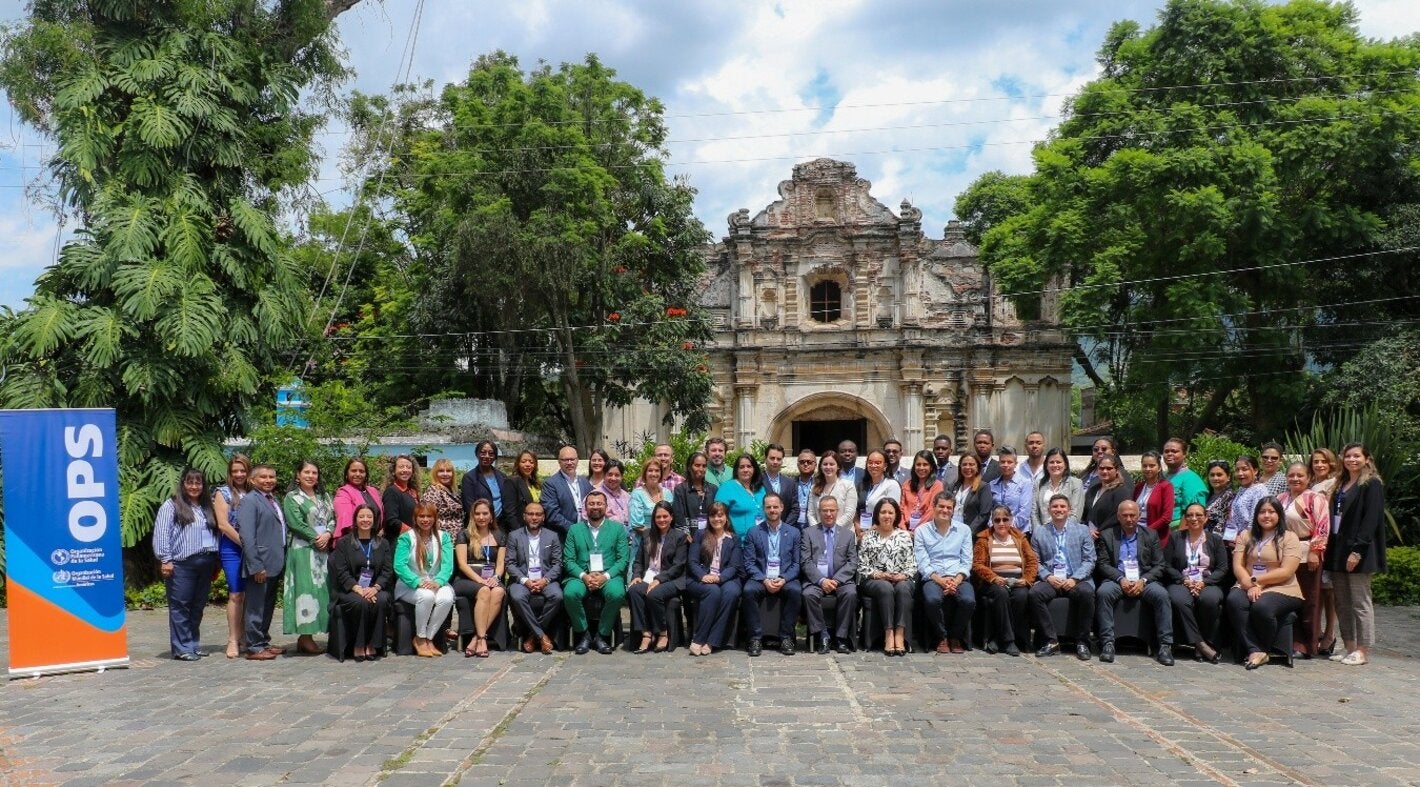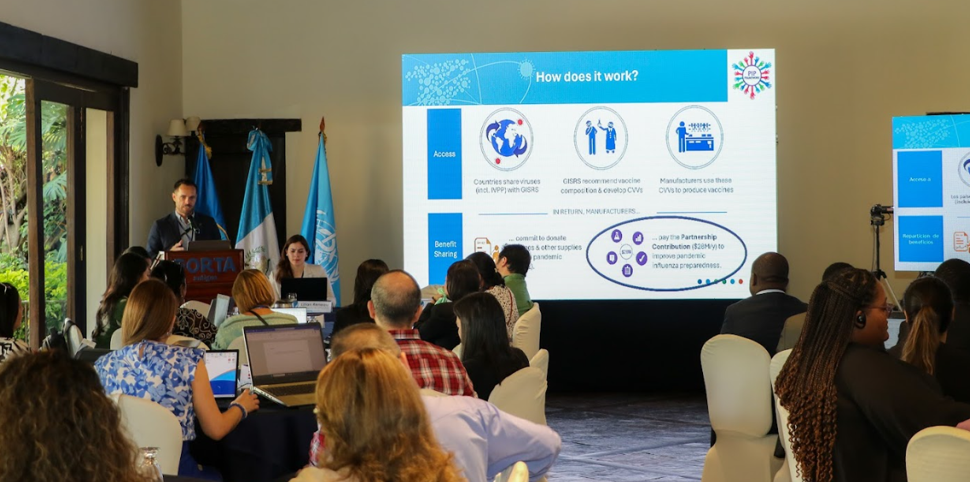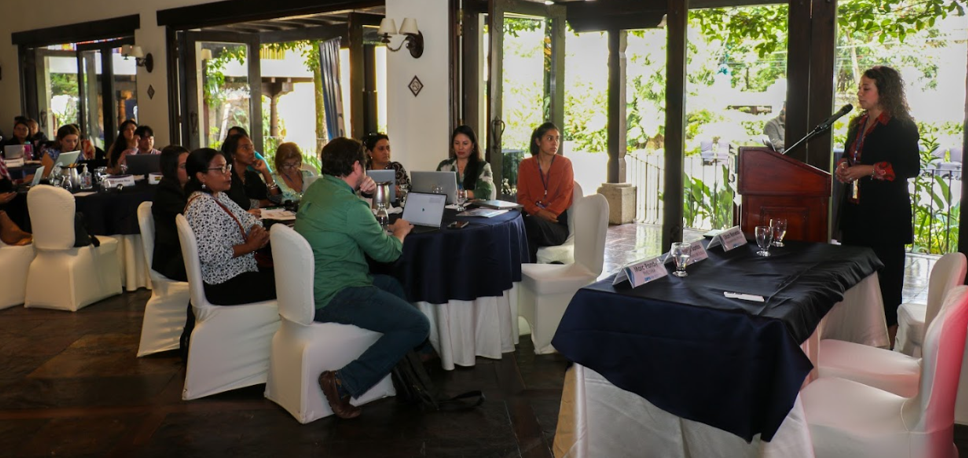
Antigua Guatemala, June 20, 2025 (PAHO) – The Regional Coordination Meeting of the Pandemic Influenza Preparedness Framework (PIP), organized by the Pan American Health Organization / World Health Organization (PAHO/WHO), was held in Antigua Guatemala on June 19-20, 2025, with the objective of strengthening regional preparedness, response and coordination for future influenza pandemics.
The activity brought together technical teams from Belize, Bolivia, Colombia, Costa Rica, Cuba, Dominican Republic, Guatemala, Guyana, Haiti and Suriname, who reviewed the progress achieved in the 2024-2025 biennium and identified joint priorities for the next period 2026-2027, within the framework of the High Level Implementation Plan III (HLIP III).
During the opening, Dr. Lilian Reneau, PAHO/WHO Representative in Guatemala, welcomed the delegations and reaffirmed the Organization's commitment to strengthening national systems. "Pandemic preparedness cannot rest on improvisations. We need evidence-based decisions, supported by data and strengthened by political will," she said.
The meeting program was structured around the four key outputs of HLIP III: (1) Policies and Plans, (2) Collaborative Surveillance through GISRS, (3) Community Protection, and (4) Access to Countermeasures. Each block included technical presentations by the PAHO/WHO regional office, presentations of achievements and lessons learned by representatives of the ministries of health of the invited countries, review of work plans and panel discussions among countries.
In the Policies and Plans component, Guatemala, Colombia and Bolivia presented estimates of medical and economic burden as a basis for decision making. In the area of pandemic preparedness, Colombia, Costa Rica and Guyana presented their strategies for updating national plans and strengthening technical capacities. Regarding influenza preparedness policies, the experiences of Guyana and Guatemala were highlighted, particularly in relation to vaccination programs and regulatory frameworks.
In the area of collaborative surveillance through GISRS, Belize and Haiti shared progress in strengthening their national laboratories. In turn, Cuba, Dominican Republic and Suriname presented their approaches to integrate and strengthen respiratory virus surveillance, both through sentinel surveillance and event-based surveillance.
Within the component on Community Protection and Risk Communication, Costa Rica, Belize and Bolivia shared their experiences in the formulation of national risk communication strategies for respiratory threats.
Finally, in the Access to Countermeasures axis, Cuba, Dominican Republic and Guatemala presented their experiences in reviewing and updating National Deployment and Vaccination Plans (NDVP), identifying good practices and areas for improvement to ensure equitable access to vaccines and other essential tools.
At the end of each session, participants had the opportunity to review their work plans for the next biennium, integrating the experiences of other countries.
PAHO/WHO closed the meeting reiterating that this regional meeting represents a strategic platform to promote technical cooperation among countries, facilitate the exchange of experiences, and consolidate sustainable mechanisms for equitable and effective preparedness for influenza threats in the Americas region.





